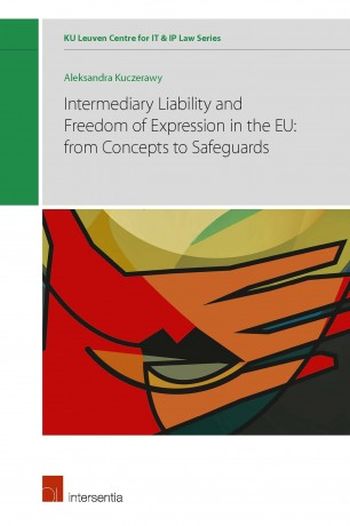
States increasingly delegate regulatory and police functions to Internet intermediaries. The delegation is achieved by providing an incentive in the form of conditional liability exemptions. In the EU, the exemptions enshrined in the E-Commerce Directive effectively require intermediaries to police online content if they wish to maintain immunity regarding third party content. Such an approach results in delegated private enforcement that may lead to interference with the right to freedom of expression. Involving intermediaries in content regulation may be inevitable. The legal framework, on which it is based, however, should come equipped with safeguards that ensure effective protection of the right to freedom of expression.
This book analyses the positive obligation of the European Union to introduce safeguards for freedom of expression when delegating the realisation of public policy objectives to Internet intermediaries. It also identifies and describes the safeguards that should be implemented in order to better protect freedom of expression.
In a time when these issues are of particular relevance, Intermediary liability and freedom of expression in the EU provides the reader with a broader perspective on the problem of delegated regulation of expression on the Internet. It also provides the reader with an up to date information on the discussions in the EU.